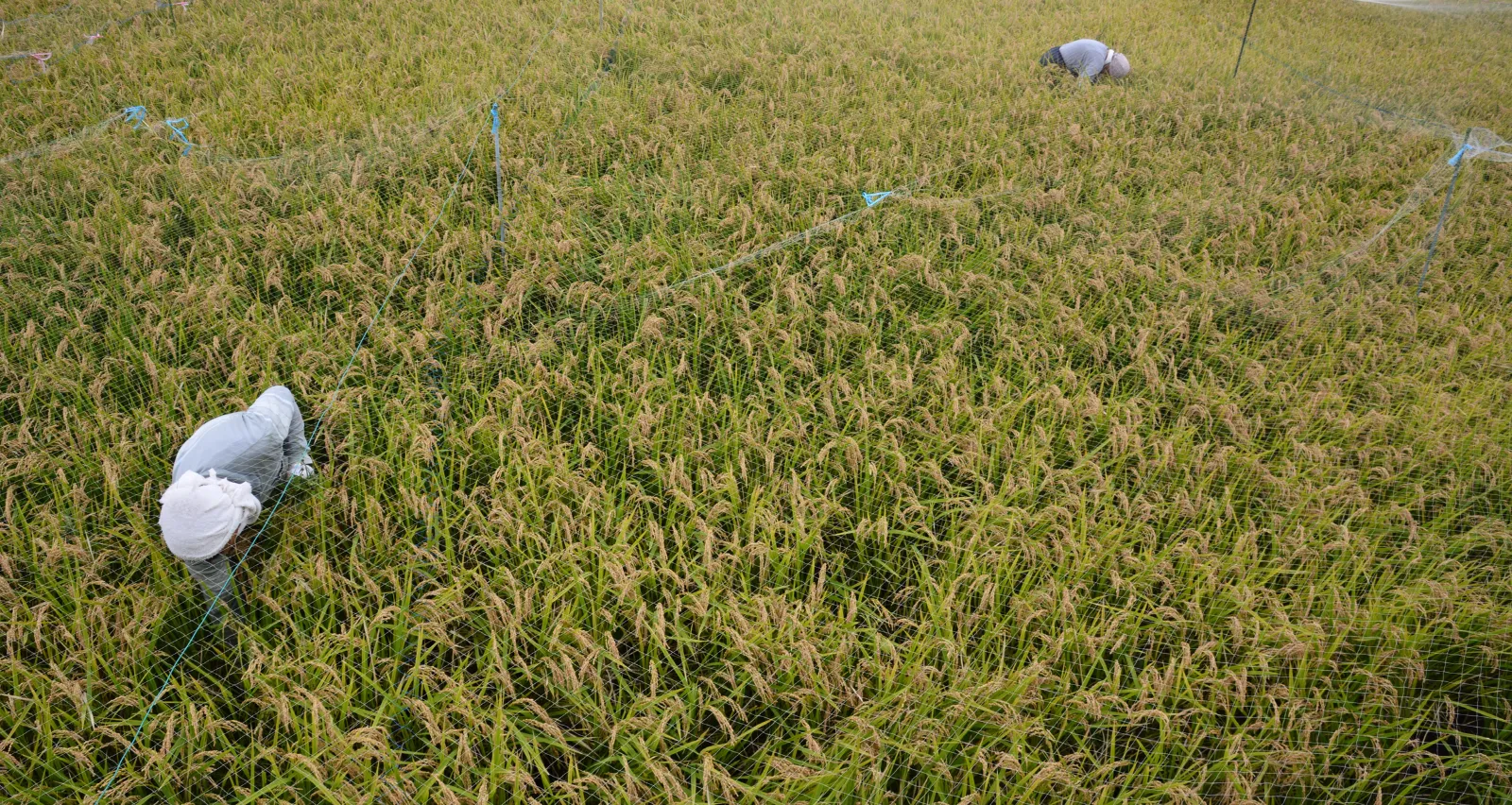
Indian agriculture is undergoing a profound transformation, driven by technology. Agritech, the integration of technology into farming practices, is revolutionizing the sector, offering solutions to age-old challenges and improving the livelihoods of farmers. From rising input costs to resource scarcity, agritech presents innovative ways to build a more sustainable and profitable future.
Recent Advancements in Agritech
A standout example of agritech innovation is Iffco’s Nano Urea Plus, a breakthrough fertilizer solution. This nanotechnology-based product enhances nutrient delivery to plants, potentially halving the required quantity of fertilizer. The result? Reduced costs for farmers and a lighter environmental footprint.
Another noteworthy initiative is Welspun’s sustainable cotton project, which utilizes recycled PET bottles to produce cotton yarn. This not only promotes resource efficiency but also reduces the environmental impact of cotton production.
These examples represent just a glimpse of the promising advancements in Indian agritech. Startups are developing solutions for irrigation management, disease prediction, and market access, empowering farmers with data-driven decision-making tools.
Impact of Agritech
Agritech enhances resource efficiency, allowing farmers to reduce input costs and increase yields. This translates to higher profits and improved financial stability. Additionally, by promoting sustainable practices like reduced water usage and minimal pesticide reliance, agritech contributes to environmental conservation. Precision farming techniques, made possible by agritech, enable targeted resource application, further minimizing environmental impact.
Moreover, agritech boosts India’s competitiveness in the global market. Improved crop quality and efficient production systems ensure consistency and meet international standards. Traceability solutions provided by agritech build consumer trust, opening doors to premium markets.
Challenges and Future Outlook
Despite its potential, agritech faces challenges like affordability and farmer awareness. Bridging the digital divide and offering training programs are essential to widespread technology adoption.
However, the future of Indian agriculture is undoubtedly tech-driven. As agritech becomes more accessible and farmers embrace technology, a significant transformation awaits the sector. Increased productivity, improved sustainability, and enhanced farmer income are promising realities on the horizon for Indian agriculture.
Conclusion
Agritech is no longer a distant dream but a tangible force shaping the present and future of Indian agriculture. With innovative solutions at hand, the sector is poised for remarkable growth and sustainability. Let’s embrace this era of technological revolution and unlock the full potential of Indian agriculture.









